Fauna and Flora of Kruger National Park - Page 3
Termites: Nature's Unsung Architects of the African Bush
Discover how termites, the hidden builders of Kruger National Park, create essential ecosystems with their mounds, recycling nutrients and supporting wildlife.
The Zebra: Africa’s Striped Wonder of the Kruger National Park
Discover the fascinating world of zebras in Kruger National Park. Learn about their stripes, social bonds, seasonal movements, and their crucial role in maintaining the savanna ecosystem.
Understanding Safari Etiquette: How to Respect Wildlife and Guides
Embarking on a safari is not just an adventure; it’s a chance to step into a world untouched, where the rhythms of nature pulse around you. But to truly savor this experience, one must tread lightly, with respect and awe, for this is not our domain—it belongs to the creatures of the wild.
The Leopard Tortoise: A Spotted Survivor of the African Bush
n the sun-scorched African wilderness, a surprisingly resilient reptile stands out—the Leopard Tortoise (Stigmochelys pardalis). While it may lack the speed of a cheetah or the might of a lion, this tortoise is a master of survival, equipped with a shell so strong it can endure the bite of predators and even withstand being stepped on by an elephant.
The Enigmatic Serval: Secrets of the Silent Hunter
The serval cat, a lesser-known predator in Kruger National Park, is a master of stealth and agility. With long legs for navigating tall grass and radar-like ears for detecting prey, it can leap three meters to catch birds mid-flight. This elusive, nocturnal hunter embodies the mystery of the African bush, making any rare sighting an unforgettable experience.

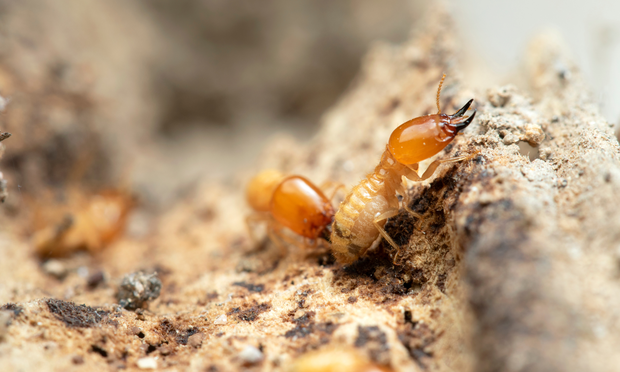
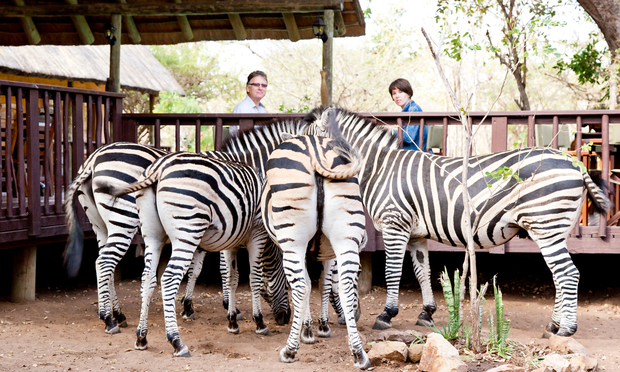
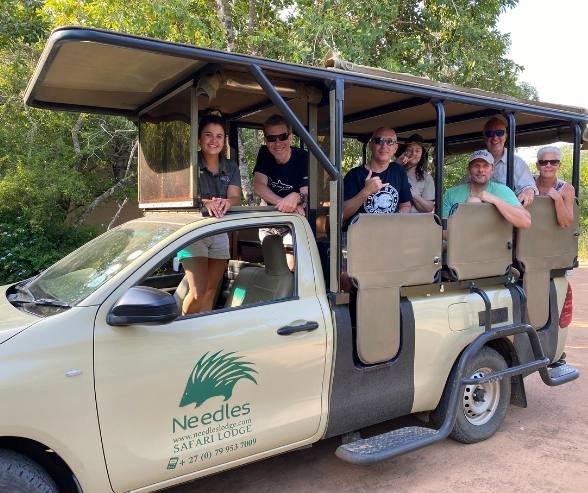
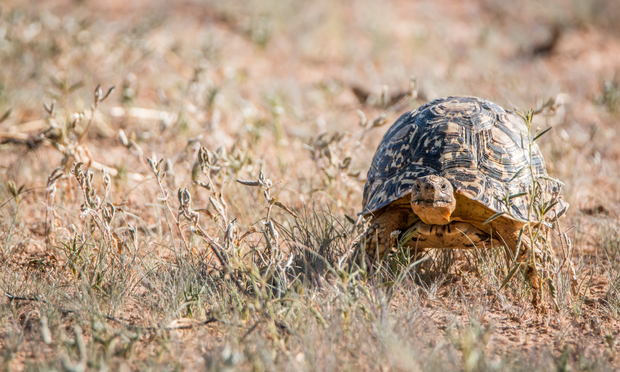
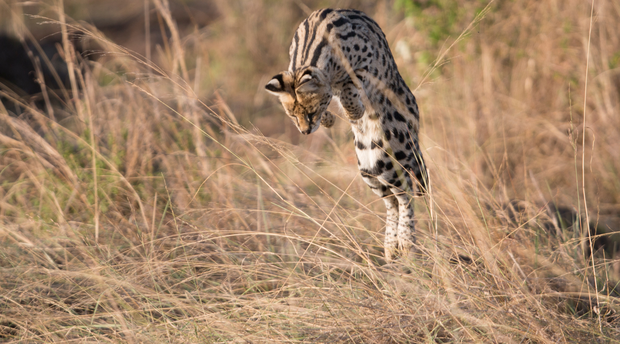
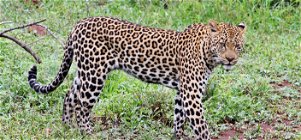
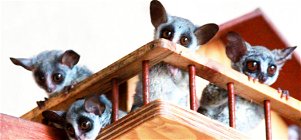
Share This Page